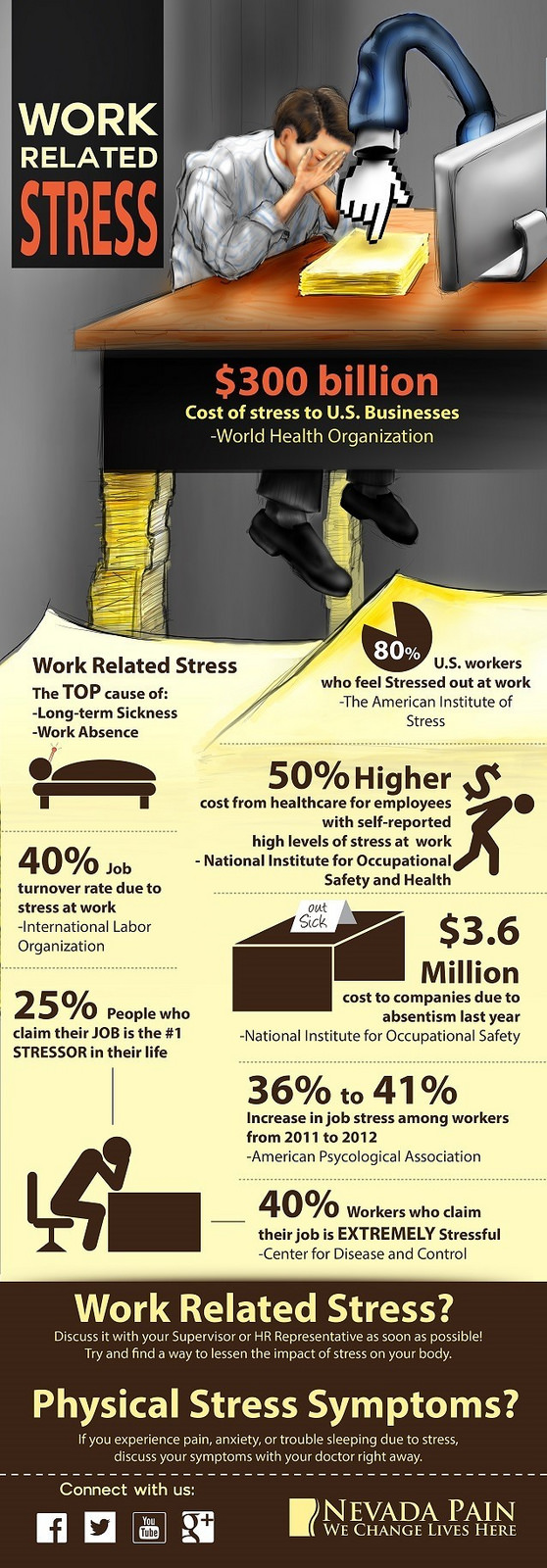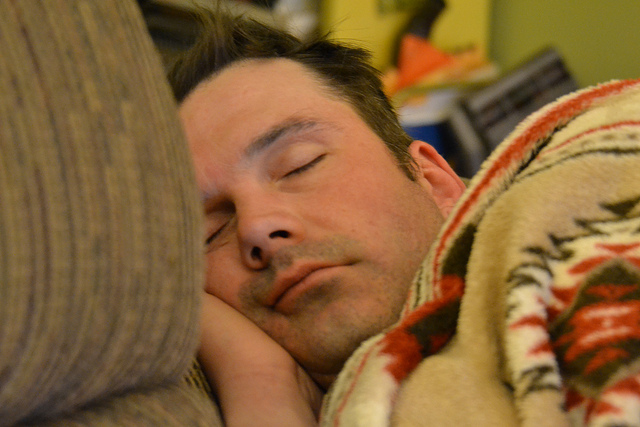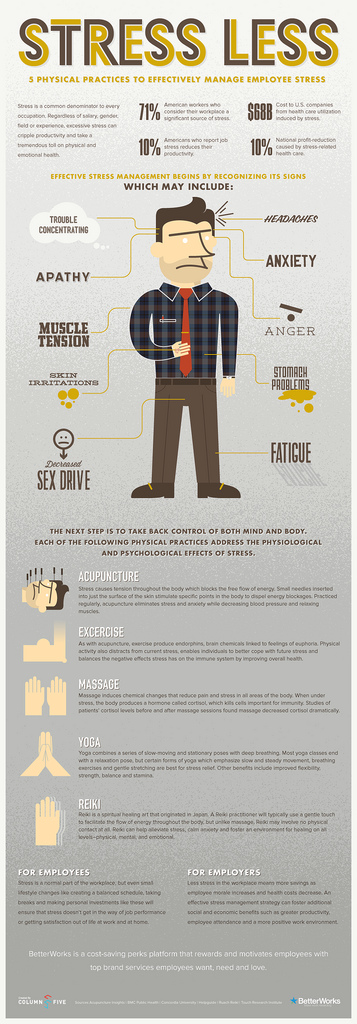Anxiety and Sleep
Table of Contents
If you suffer from anxiety all the time or are in the grips of anxiety disorders, you won’t find it easy to fall asleep. Chances are relaxing your mind towards the close of the day is challenging at the very least.
Anxiety is something difficult to contend with, so here are the definitive guidelines on how to understand the causes and effects of anxiety and its impact on sleep, and combating the same. Anxiety is a disorder but with careful management, healthy sleeping patterns can easily be developed.
Even if you have not been diagnosed with a mental health condition, sleep problems caused by anxiety are perfectly natural. The spectrum ranges from problems that affect anxiety and sleep to anxiety disorders which are a problem in themselves. Research has shown that:
- Anxiety does not only affect the time taken to fall asleep. It also impacts the quality of sleep.
- People with higher anxiety levels may feel anxious about time and stay awake in the middle of the night.
- Awakening in the night is influenced by anxiety levels.
- Difficulty falling asleep too is a problem associated with worrying.
- It is a vicious cycle, with research suggesting that anxiety undermines the ability to sleep well and people with chronic insomnia are more likely to worry about sleep.
Causes of Anxiety While Falling Asleep

Anxiety and insomnia are so closely related that if one problem is taken care of, the other one goes away. Time prior to sleep is a tough one for those suffering from anxiety. This is when all the worries of the day find their way into your mind at night.
Some of the stressors causing anxiety may include:
- Financial worries
- Relationship problems
- Health issues
- Business concerns/office issues
Impact of Anxiety
Effects of nighttime anxiousness include:
- Restlessness and tossing and turning as the body does not relax
- Discomfort may even keep you awake at night
- Panic attack characterised by sweating, rapid heart rate, fast breathing, and chest pain
- Nightmares will further disturb sleep by making you wake up in fright
- Disrupted sleep cycle with limited REM sleep.
- Sensation of falling or twitching when trying to sleep
What You Can Do to Get Sleep

To get sleep more easily, you need to try out these techniques to decrease mental and physical stress levels. Remember, habits are formed over a period of time but those adapting and feeling less anxious will be able to manage sleep better.
Engaging Your Mind
To get sleep more easily, try changing your mindset at least an hour before you get to bed. Turn everything off and perform actions which engage your mind. Dimming the lights also signals to your brain that its time to turn in. Train your brain with activities like reading or drawing which will occupy your mind and engage you with thoughts free of worries.
Sticking to a Bedtime
Decide the hour you will turn in and relax by falling asleep on time… every time. Allocating a specific time when you sleep establishes your sleep-wake cycles and circadian rhythms.
Maintaining a Journal
Another useful thing to do is maintain a pre-bedtime journal so that you can write down what is worrying you and suggest possible solutions. This helps you to close the book on your worries too and symbolically put aside any disruptive thought that can impact sleep.
Consciously Relaxing Your Body
Once you are comfortable in bed, try systematic desensitisation. This is a technique by which you gradually relax your body in the presence of stressors and huge levels of anxiety. Once you are ready to sleep, focus on breathing exercises to oxygenate your body and relax your limbs. Sleep that you get following this will be of a better quality.
Using White Noise
Certain types of white noise such as calming music or mild radio tunes can distract your senses and prevent you from focusing on anxious thoughts. Following these natural and healthy techniques to use noise to prevent your mind from thinking negative thoughts.
Treat the Anxiety
Another important solution, especially for those diagnosed with anxiety disorder is to use therapy, meditation, and medication to improve sleep.
Doing Yoga and Relaxation Techniques

Practicing yoga and other relaxation techniques prevents you from putting pressure on yourself doing the night. This enhances the quality of sleep. A regular sleep time and scheduling some idle time before bed is a surefire way to relax your mind and prevent it from engaging in anxiety-inducing thoughts.
Limit Exposure to Highly Lighted Screens
Don’t try to sit in bed with a laptop or notebook/tablet because blue light present in most of these electronic screens prevents the body from falling asleep easily by delaying the natural circadian rhythms of the human body.
Sleep and Alcohol Don’t Mix
Avoid stimulants like coffee and alcohol before sleep. Sleep after these kinds of drinks tends to become lighter and less refreshing. Caffeine also stays in the system for many hours so avoid it if you have a problem in sleeping.
A Power Nap Can Interfere with Your Beauty Sleep
If you are napping during the day, try to make it less than 30 minutes and ensure naps take place in the early afternoon. Later napping can impact the ability to fall asleep at night.
Switch Off All Electronic Devices
You need to also switch off electronic devices 30 minutes before bed time. Light from iPad or other electronic devices can make your mind awake. Keep these devices in another room, switch them off or cover up the blue displays. This also includes digital clocks and televisions.
Quit Cigarettes
Smoking is dangerous when it comes to bringing on sleep. That is because a cigarette contains nicotine. This is a stimulant which can interfere with your sleep. Until you quit, limit cigarettes to a restricted time hours before you go to bed.
Exercise is the Key
Exercise not only reduces anxiety and depression but also enhances the quality of sleep. Exercise early in the day or between 3-4 hours before bedtime or your body will feel active as the adrenalin surges and anxiety rises.
Large Meals at Night Interfere With Sleep
Large dinners interfere with sleep. Choose snacks that are complex carbs or dairy such as cereal with milk or cheese and crackers to ensure that your digestive system does not become reactive and result in restlessness and agitation.
Aromatherapy Works Well
To relieve anxiety, guided imagery or therapy is not the only solution. Try aromatherapy. Soothing scents include peppermint, lavender, and rosemary. This can calm the body and soothe the senses lessening anxiety and improving sleep.
Conclusion
With so many tips and tricks to counter anxiety and get good sleep, it really is easy to ensure that you do not suffer from disrupted circadian rhythms and sleeplessness. Follow these simple rules and get refreshing sleep that heals your body and soothes your mind.

